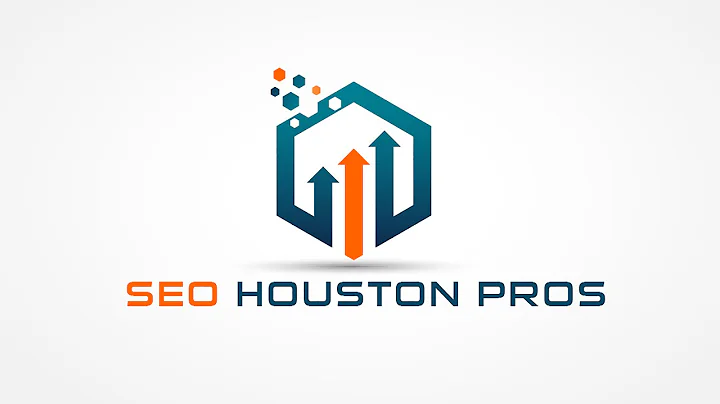Mastering Keyword Research: Complete Guide for SEO Success
Table of Contents
- Introduction
- Understanding the Purpose of Keyword Research
- What is Keyword Research?
- Importance of Choosing Relevant Topics
- Driving Revenue Through Keyword Research
- The Different Types of Search Intent
- Informational Keywords
- Navigational Keywords
- Commercial Investigation Queries
- Transactional Keywords
- The Power of Informational Keywords
- Expanding Reach and Building Authority
- Guiding Users through the Conversion Journey
- Utilizing Internal Linking for Conversion Acceleration
- Determining Search Intent with Keyword Modifiers
- Using Keyword Modifiers to Identify Search Intent
- Examples of Popular Keyword Modifiers
- Generating Keyword Ideas with Ahrefs Keywords Explorer
- Starting with Broad Keywords Related to Your Business
- Utilizing the "Having Same Terms" Report
- Filtering and Grouping Keyword Ideas
- Narrowing Down Keywords Based on Search Volume and Difficulty
- Setting Filters for Search Volume and Keyword Difficulty
- Assessing Business Potential for Each Keyword
- Choosing Keywords that Align with Your Product or Service
- Analyzing Google's Top 10 Search Results
- Analyzing Titles and Content Format
- Assessing Domain Authority and Referring Domains
- Determining Topical Relevance
- Reverse Engineering Competitor's Keywords
- Using Ahrefs Site Explorer to Analyze Competitor's Top Pages
- Finding New Topic Ideas Based on Competitor Analysis
- Mapping Keywords to Solve Customer Problems
- Understanding the Importance of Customer-focused Keywords
- Showcasing Product and Service Solutions
- Driving Conversions Through Targeted Keyword Mapping
- Conclusion
Understanding the Purpose of Keyword Research
Keyword research is a fundamental aspect of search engine optimization (SEO) that goes beyond search volume and traffic metrics. Its primary objective is to choose topics that potential customers are actively searching for, with the intent of meeting their needs and ultimately converting them into paying customers. In this tutorial, I will guide you on how to conduct keyword research that will not only increase your website's traffic but also drive revenue for your business.
The Different Types of Search Intent
Search intent refers to the underlying purpose behind a user's search query. Understanding the different types of search intent is crucial in identifying the most relevant keywords for your business. There are four main categories of search intent:
Informational Keywords
Informational keywords are used when searchers are looking to gain general knowledge about a specific topic. For example, a query like "what is DDR4 RAM?" falls under this category. Creating informational content helps build trust and authority while attracting potential customers who may recognize your brand during the later stages of their conversion journey.
Navigational Keywords
Navigational keywords indicate that searchers already know the destination they want to reach. They are typically used when someone is searching for a specific website or brand. An example of a navigational keyword is "Newegg DDR4 RAM."
Commercial Investigation Queries
Commercial investigation queries suggest that searchers are in the process of gathering information about a product or service they intend to purchase. These queries often involve comparisons and the use of keywords modifiers such as "best DDR4 RAM."
Transactional Keywords
Transactional keywords indicate that searchers are ready to make a purchase. These keywords include terms like "buy DDR4 RAM" and typically signify a high level of purchase intent.
While transactional keywords may seem like the most attractive choice for driving direct revenue, it's essential not to ignore the other types of search intent. By including informational and commercial investigation content in your keyword targeting strategy, you can establish trust, engage potential customers at various stages of the buying cycle, and ultimately increase the chances of them choosing your products or services over your competitors'.
(Continue to the next section...)







